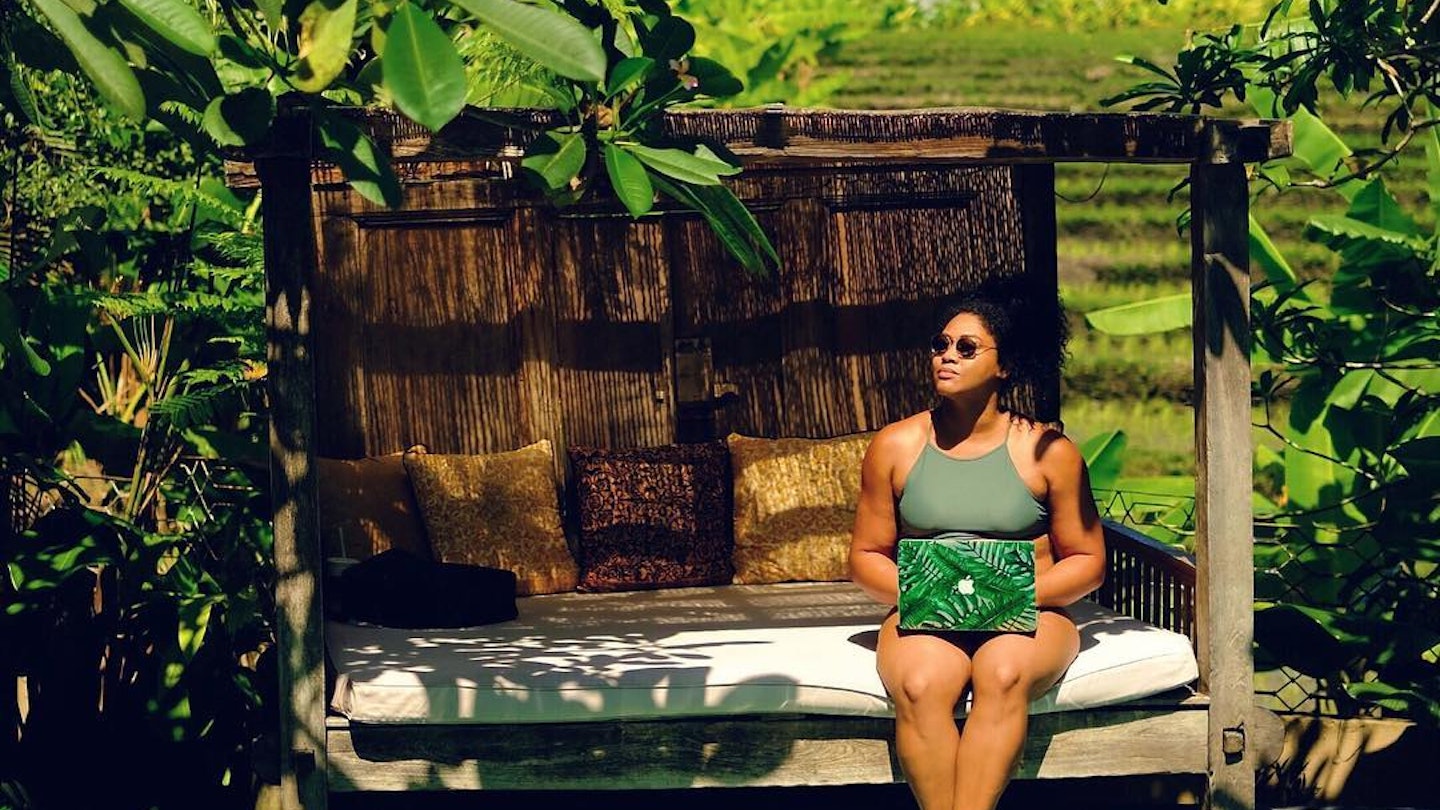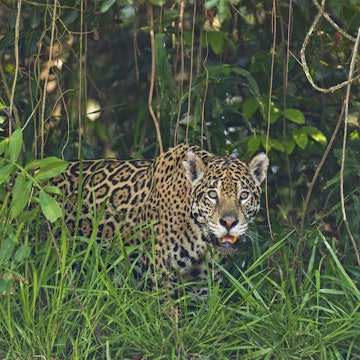

I quit my job to travel the world. But my job didn't involve 70-hour work weeks, corporate credit cards, pantyhose or pencil skirts. It was quite the opposite, in fact: I was sitting behind a desk working as an editor who commissioned people to write guidebooks. Until I realised I wanted to write them myself.

Working nine to five
In 2014, I landed my role as a Lonely Planet Destination Editor thanks to a post I saw on LinkedIn. For four years, I oversaw all of the company’s editorial content for South America, and a large part of that role was selecting the best freelance writers to research our print and digital content on the ground. It was, by all accounts, a dream job that most wanderlusty media types would kill to have. I got to work in a quirky office with amazing people who ate, slept and breathed travel – and there wasn't a pantsuit in sight.
One of the misconceptions about this job was that as editors, we traveled to our regions often. But the reality is that we entrusted our writers on the ground as the destination experts and only visited the areas we were responsible for on rare occasions, typically on fam trips that were not funded by Lonely Planet. After a long stint focused on the background work, LP gave me the opportunity to do a research assignment to provide some insight into what our writers experience. So when the time came for me to commission a destination update of Ecuador and the Galapagos Islands, I pitched for the fabled archipelago myself – and it only took a handful of days on the ground for me to realize that this was the type of work I needed to do. A couple of weeks after I returned to the office from that trip, I handed in my resignation.

Swapping the office for the open road
For my entire career, I dwelled behind the scenes as an editor. Being a writer – much less a travel writer – was never an aspiration. And it certainly wasn’t a profession that I envisioned as a possibility for someone like me. It always seemed like this inaccessible dream that was reserved exclusively for white, Baby Boomer and Gen-Xer men, perhaps descended from some financial privilege – not a melanated millennial woman with a mountain of student loan debt, raised by a single black father who worked as a US public school teacher. As one of Lonely Planet’s few in-house editors of colour, I thought myself more useful on the other side of the fence. I knew I could do more good and help serve a more diverse range of travelers by being out in the field, gathering intel with a different perspective simply by virtue of existing in my skin.

Guidebook research may seem like a weeks-long holiday in an exotic destination, but the reality is that writers are working long hours in sometimes uncomfortable climates, interfacing with cultures that are drastically different than our own, and logistics may not always be on our side. Like every job, it comes with challenges: transport snafus, loneliness, language barriers, exhaustion, theft, getting knocked off your feet by food poisoning or a nasty cold – all alone in a hotel room. And as a woman and a person of colour, I have the added obstacles of racism and sexual harassment.

The reality of life as a travel writer
Contrary to popular belief, I do not travel for free. With every destination commission, I get a flat fee, a brief and a deadline, and it is up to me to determine how to spend my time and money in a given location to complete the job my editors have asked of me. Some travel writers take sponsored trips, but Lonely Planet guidebooks are 100% independently researched and writers are not permitted to accept freebies as part of a strict policy of editorial independence. We plan and pay out of pocket for everything: visas, accommodations, flights, food, entry fees and tours. When researching, we must strike a balance of giving the destination due diligence, while being discerning with spending – of both hours in the day and money; every dollar not spent on the road stays in our pockets as payment for the job.
The manner in which a writer spends their resources is very subjective – some are fine to sleep in hostels, while others prefer private accommodations or other creature comforts, such as using taxis or private drivers instead of public transportation. Time on the ground is finite, and we have a certain number of places we must visit each day to stay on track and make the most of it. And every new experience is a gamble; there’s nothing more disappointing than spending money and effort eating or staying at a new place, only to find it is mediocre at best. Anybody who has ever traveled can attest that being in transit renders you weary, and when it’s a day-in-day-out affair, the ‘dream’ of this job can resemble a nightmare. Travel isn’t all Insta-glamour, and is rarely easy.

Living my dream on my own terms
This is not the glorified vacation a lot of people think it is. It’s a job...but admittedly an absolutely beautiful one. It is a gift to be able to call the world my office. Spending a great deal of my work life out exploring the globe, engaging with locals and immersing myself in a destination’s authentic culture is a rare and humbling privilege. The solitary yet inherently social nature of this job juxtaposes nicely for an extroverted introvert like me. ‘Do it while you’re young’, everyone says. And I do; I am single, childless and in my mid-thirties – by and large, I do whatever I want, whenever I want, with whomever I want. I answer only to God, my editors, and the border patrol agency of whichever country I find myself in at any given time. And I definitely still wear leggings rather than a pantsuit.
You might also like:
Effective habits of great travel writers
Five expert tips for getting started in travel writing
Pros talking prose: the experts’ advice on how to improve your travel writing






















